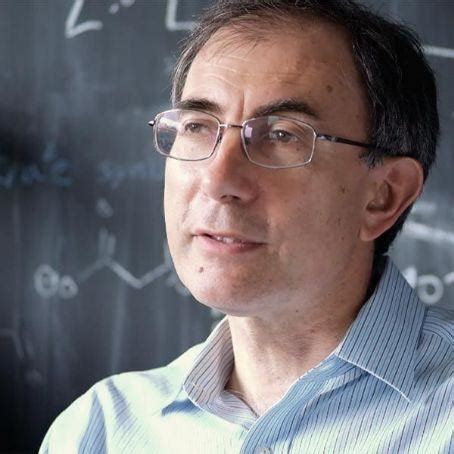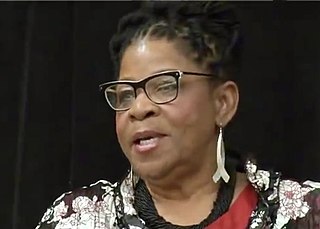A Quote by Barbara Holland
We're a shifty, sliding population. ... What we refer to as 'home' may be a place we haven't seen in years; a place where there's no one left who knows our name.
Related Quotes
It is more than twenty years since we left the city. This is a serious chunk of time, longer than the years we spent living there. Yet we still think of Jerusalem as our home. Not home in the sense of the place that you conduct your daily life or constantly return to. In fact, Jerusalem is our home almost against our wills. It is our home because it defines us, whether we like it or not.
I found that quiet place in my home that is my place of refuge. I don't care if you got kids or if you are married. You got to find that one place that is your everybody-off-limit place: unless this place is on fire, or you need to go to the emergency room, don't disturb me. You can go to this place and cleanse, meditate, let God speak to you.
I truly believe that to stay home, to learn the names of things, to realize who we live among . . . then I believe a politics of place emerges where we are deeply accountable to our communities, to our neighborhoods, to our home . . . If we are not rooted deeply in place, making that commitment to dig in and stay put . . . then I think we are living a life without specificity, and then our lives become abstractions. Then we enter a place of true desolation.
Home is the place you return to when you have finally lost your soul. Home is the place where life is born, not the place of your birth, but the place where you seek rebirth. When you no longer have to remember which tale of your own past is true and which is an invention, when you know that you are an invention, then is the time to seek out your home. Perhaps only when you have come to understand that can you finally reach home.
Jewish villages were built in the place of Arab villages. You do not even know the names of these Arab villages, and I do not blame you, because these geography books no longer exist; not only do the books not exist, the Arab villages are not there either. Nahalal arose in the place of Mahalul, Gevat - in the place of Jibta, Sarid - in the place of Haneifs and Kefar Yehoshua - in the place of Tell Shaman. There is no one place built in this country that did not have a former Arab population.



































